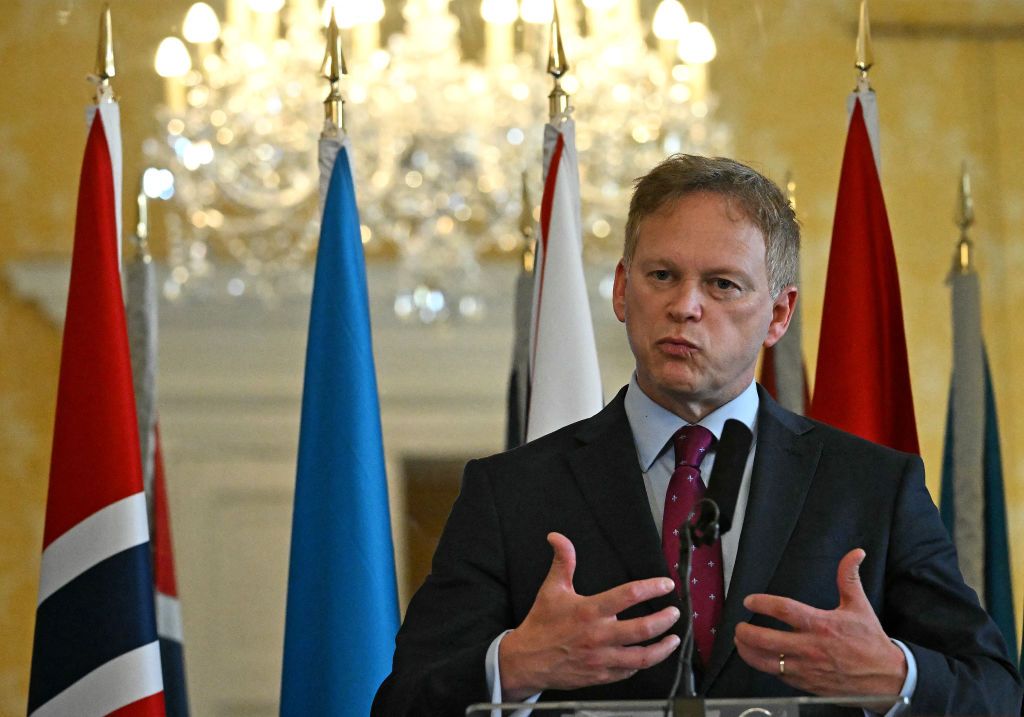The UK Defense Secretary has urged Europe not to restrict imports from Ukraine, pointing to the UK’s decision to extend tariff-free imports from Ukraine for another five years. France and Poland have called for restrictions on Ukrainian agricultural imports, which could affect negotiations on extending Ukraine’s free-trade access to the EU. The EU Council presidency has updated the draft agreement, extending duty-free trade with Ukraine, but parties are still trying to find a compromise. Ukraine could lose millions of euros if future restrictions on imports are based on certain calculations. Several EU members, including Poland, have raised concerns about Ukrainian agricultural imports affecting their own farmers.
A joint media investigation revealed that Belarusian timber is entering the EU market despite sanctions, being supplied to Poland under false documentation as Kazakh wood. This investigation highlights loopholes in the enforcement of sanctions and the need for greater scrutiny of imports entering the EU. The issue of Belarusian timber entering the EU market raises questions about the effectiveness of sanctions and the need for stronger measures to prevent the circumvention of restrictions. The investigation sheds light on the challenges faced in enforcing sanctions and the importance of increased transparency and accountability in trade practices. This case underscores the complexities of monitoring and regulating trade flows in a globalized economy and the need for international cooperation to address these issues.
The situation in Ukraine highlights the geopolitical tensions between Russia and the West, with European countries divided over trade relations with Ukraine. The conflict over Ukrainian imports to the EU reflects broader concerns about sovereignty, economic interests, and international relations. The rise in protectionist sentiments within the EU raises questions about the future of trade agreements and the impact on global supply chains. The EU’s response to the crisis in Ukraine will have far-reaching implications for regional stability and economic cooperation. The ongoing negotiations on trade with Ukraine underscore the complexities of balancing national interests, economic considerations, and diplomatic relations within the EU.
The dispute over Ukrainian agricultural imports reflects deeper divisions within the EU over trade policies and relations with neighboring countries. The tensions between member states highlight the challenges of consensus-building and decision-making within the EU framework. The differing priorities and interests of European countries complicate efforts to reach a unified position on trade agreements and economic policies. The need for compromise and collaboration among EU member states is essential to address the growing economic and geopolitical challenges facing the region. The outcome of the negotiations with Ukraine will test the cohesion and effectiveness of the EU as a trading bloc in the face of external pressures and internal disagreements.
The impact of the conflict in Ukraine on trade relations with the EU highlights the interconnectedness of security and economic interests in the region. The EU’s response to the crisis will shape the future of its relationship with Ukraine and its approach to security and stability in Eastern Europe. The dispute over Ukrainian imports underscores the need for a coordinated and coherent strategy to address the wider geopolitical implications of the conflict. The EU’s role in mediating the conflict and supporting Ukraine’s sovereignty will be a crucial test of its ability to uphold its values and defend democracy in the face of external aggression. The outcome of the negotiations with Ukraine will determine the EU’s credibility as a global actor and its commitment to upholding international norms and principles.


